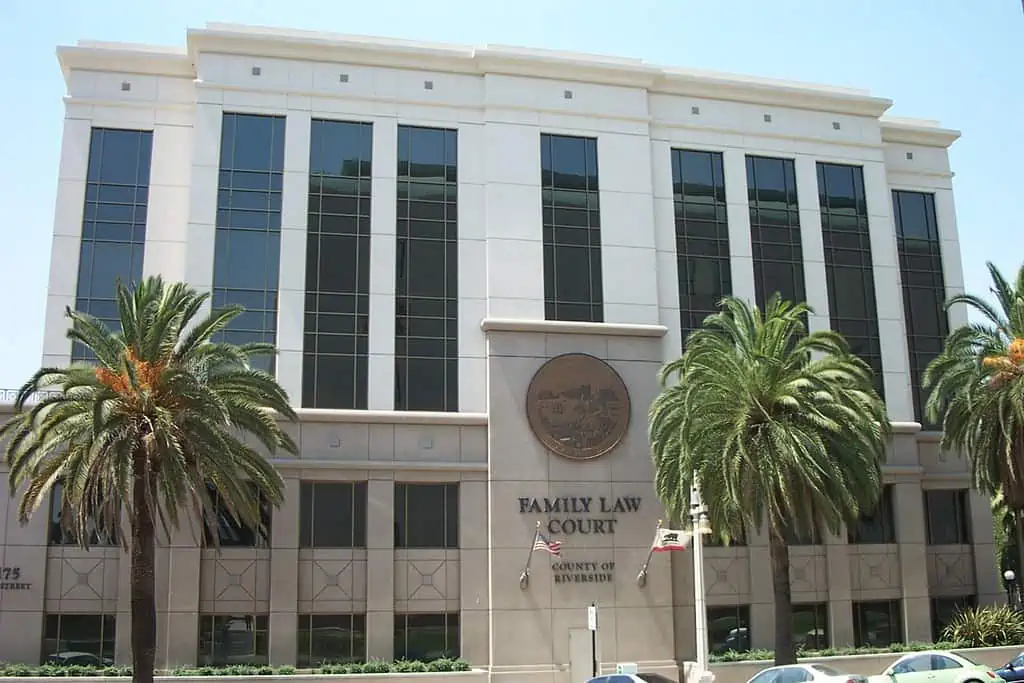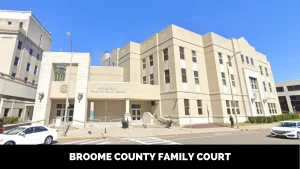family court riverside
The Riverside Family Court handles a wide range of family law cases for residents of Riverside County, California. This includes divorce, child custody and support, guardianships, adoptions, domestic violence restraining orders, and more. With courthouses located in Riverside, Indio, Blythe, and Murrieta, the Riverside Family Court aims to help families resolve legal issues fairly and efficiently. This article will provide an overview of the court’s history, jurisdiction, locations, staff, and tips for navigating the system.
History of the Riverside Family Court
Establishment
The Riverside Family Court was established in 2000 when the California state legislature decided to consolidate municipal and superior courts in each county into a single superior court system. This reorganization was intended to create consistency and improve access to justice across the state. Riverside County chose to maintain a separate family law division within the unified court system.
Major developments
Some major developments for the Riverside Family Court include implementing an electronic document filing system in 2009 to increase efficiency, opening a new Juvenile Courthouse in Riverside in 2011, and launching self-help centers to assist unrepresented litigants in 2012. The court has continued working to streamline operations and leverage technology to better serve Riverside County residents.
see also Allen County Municipal Court AKA. Lima Municipal Court
Jurisdiction and services
Types of cases heard
The Riverside Family Court hears the following types of family law cases:
- Divorce, legal separation, and annulment
- Child custody and visitation
- Child support and spousal support
- Domestic violence restraining orders
- Paternity cases
- Adoptions
- Guardianships
- Name changes
- Civil harassment restraining orders
Family court services
The court provides services to help families resolve conflicts, determine arrangements for children, and facilitate court orders:
Mediation
Mediators assist parents in developing parenting plans and custody agreements. They identify issues to resolve and options for compromise.
Child custody recommending counseling
Counselors conduct interviews and make recommendations on custody and parenting time based on the best interest of the child.
Evaluations and investigations
The court can appoint professionals to evaluate issues like parental fitness and the health and safety of children when making custody determinations.
Court locations and staff
The Riverside Family Court operates courthouses across Riverside County:
Main courthouse
The main courthouse is in Riverside and houses the main family law operations. It has over 30 courtrooms along with self-help services and family court services offices.
Juvenile courthouse
The juvenile courthouse in Riverside handles dependency cases, adoptions, and some child custody matters.
Family law facilitator
Each courthouse has a family law facilitator’s office that provides free services to help unrepresented litigants navigate the court process. They explain procedures, forms, and legal issues in family cases.
Going to court
If you have a family law case in Riverside County, here are some tips for handling court:
Knowing your rights
Educate yourself on the law and court procedures that apply to your case. Consult the self-help center or facilitator if you don’t have an attorney.
Getting help
Use available resources like self-help services, mediation, and family counseling. Seek legal advice if you can.
What to expect in court
Be prepared for what you may experience:
Waiting
Get to court early and expect delays. Bring paperwork, snacks, and activities to occupy your time.
The courtroom
Dress appropriately, be respectful, and follow the judge’s instructions. Turn off phones and don’t bring children.
Hearings and trials
Direct questions to the judge rather than the other party. Listen carefully and take notes. Stick to the facts.
Making the system work for you
To have the best court experience possible:
Being prepared
Complete forms properly, organize documents, and understand the rules and schedule.
Being respectful
Treat all court staff and participants politely. Avoid confrontation and outbursts.
Seeking solutions
Compromise when possible and focus on resolving conflict, especially regarding children.
Conclusion
The Riverside Family Court aims to help local families through difficult situations like divorce. Seeking to understand the court process and using available services will aid in reaching fair outcomes. With patience and preparation, families can resolve legal issues smoothly. Focusing on compromise and solutions will ease the challenges of court.
see also How Much Does It Cost For A Lawyer To Represent You In Court
FAQs
What types of cases does the Riverside Family Court handle?
It handles all family law matters including divorce, child custody, support, domestic violence restraining orders, adoptions, and more.
Where are the courthouse locations?
There are locations in Riverside, Indio, Blythe, and Murrieta. The main family courthouse is in Riverside.
What should I do to prepare for court?
You should know your rights, complete all forms properly, organize documents, dress appropriately, get to court early, and use available resources like self-help services.
What happens during mediation?
Trained mediators help parents communicate, identify issues, develop options, and try to reach custody and parenting agreements.
How can I get legal help for my family court case?
You can consult the family law facilitator’s office, use the court’s self-help center, seek advice from an attorney, or attend workshops and classes offered by legal aid organizations.








